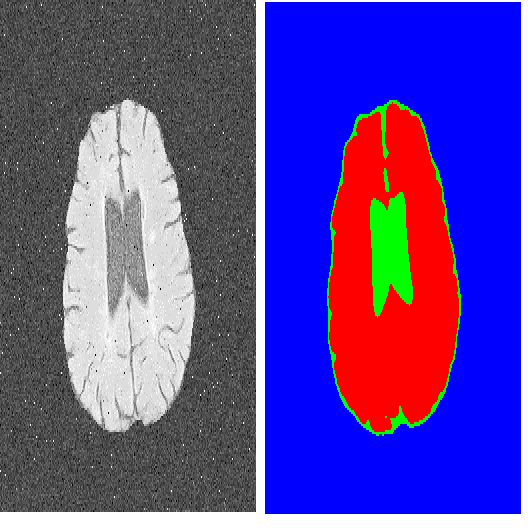Cross-silo federated learning (FL) has attracted much attention in medical imaging analysis with deep learning in recent years as it can resolve the critical issues of insufficient data, data privacy, and training efficiency. However, there can be a generalization gap between the model trained from FL and the one from centralized training. This important issue comes from the non-iid data distribution of the local data in the participating clients and is well-known as client drift. In this work, we propose a novel training framework FedSM to avoid the client drift issue and successfully close the generalization gap compared with the centralized training for medical image segmentation tasks for the first time. We also propose a novel personalized FL objective formulation and a new method SoftPull to solve it in our proposed framework FedSM. We conduct rigorous theoretical analysis to guarantee its convergence for optimizing the non-convex smooth objective function. Real-world medical image segmentation experiments using deep FL validate the motivations and effectiveness of our proposed method.
翻译:近年来,交叉联盟学习(FL)在医学成像分析中引起人们的极大注意,因为能够解决数据不足、数据隐私和培训效率不足等关键问题,近年来在深入学习的情况下,它引起了医学成像分析的极大关注,但是,从FL培训的模式和集中培训的模式之间可能存在普遍差距,这个重要问题来自参与的客户对当地数据的非二元数据分配,并被称为客户漂移。在这项工作中,我们提议了一个新的培训框架FedSM,以避免客户漂移问题,并成功弥补与医疗成像分类任务集中培训相比的普及差距。我们还提议了一个新的个人化FL目标制定和新的SoftPull方法,以便在我们拟议的FedSM框架内解决这个问题。我们进行了严格的理论分析,以保证其趋同性,优化非convelx平稳客观功能。使用深FL进行的真实世界医学成像分解实验,验证了我们拟议方法的动机和有效性。


